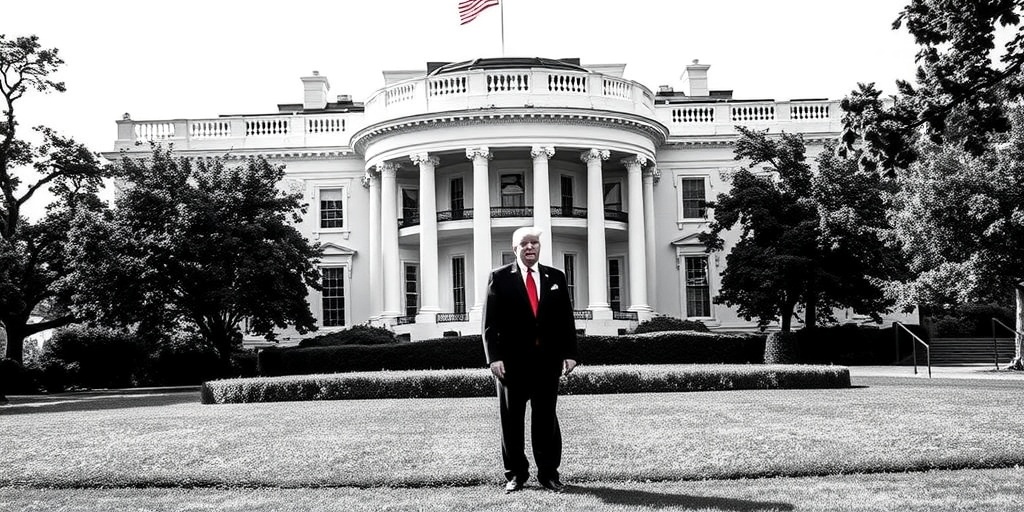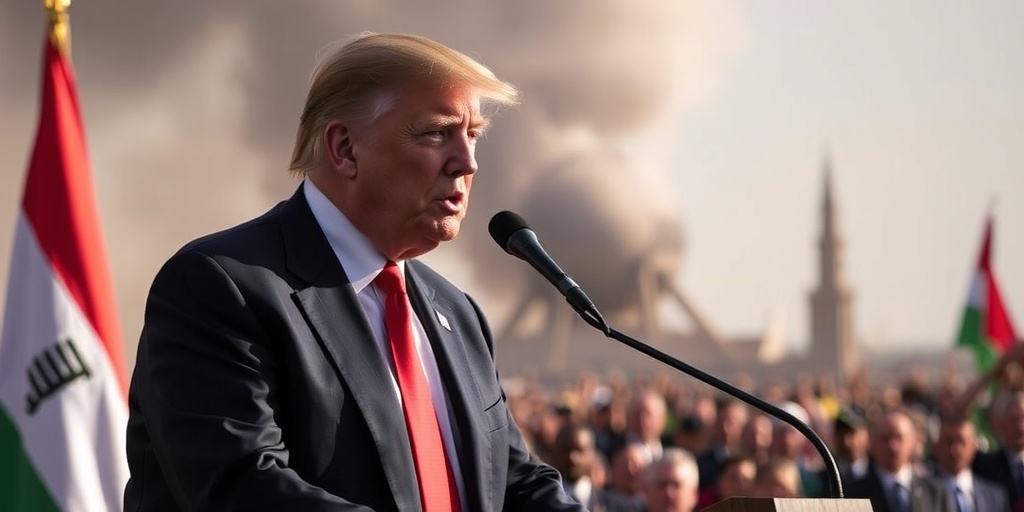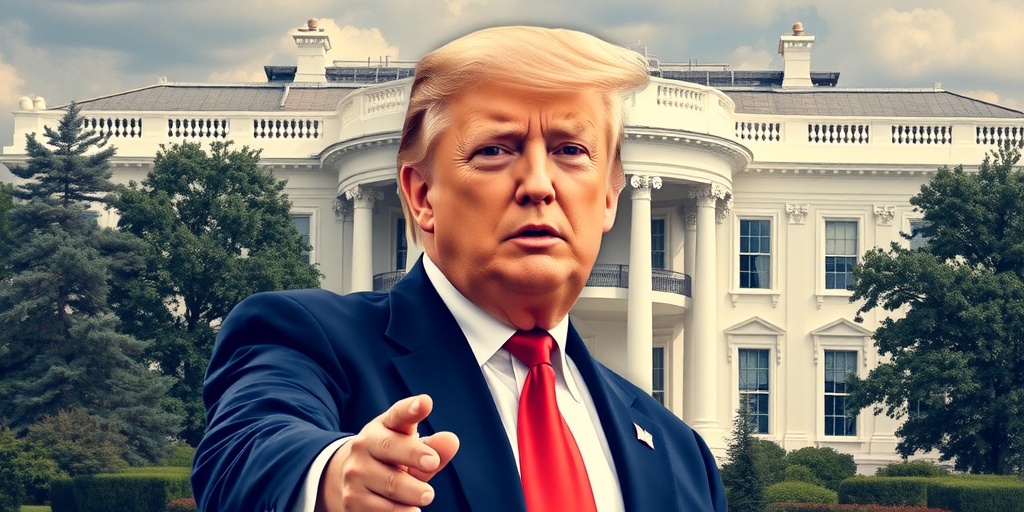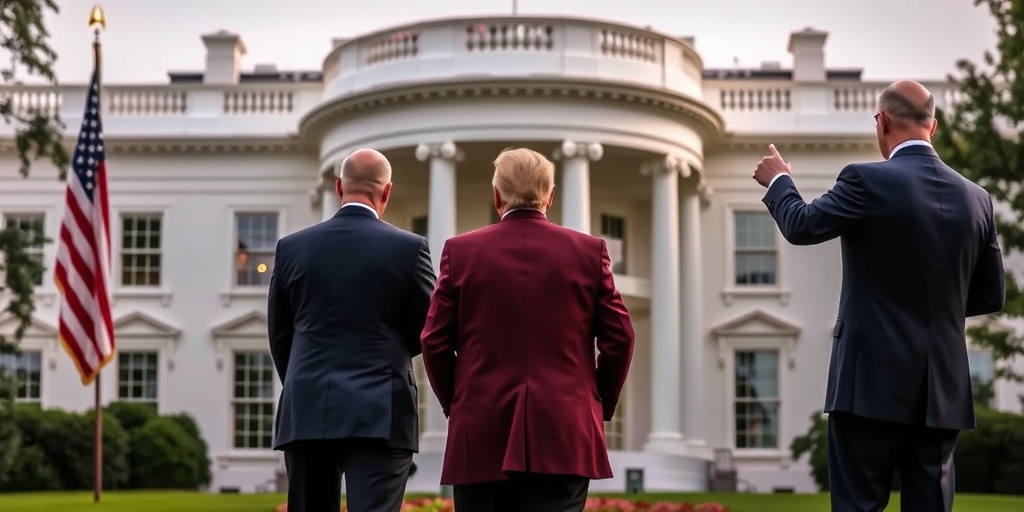Now Reading: Trump’s Response: How Will He Counter Biden’s Global Efforts Against China?
-
01
Trump’s Response: How Will He Counter Biden’s Global Efforts Against China?
Trump’s Response: How Will He Counter Biden’s Global Efforts Against China?
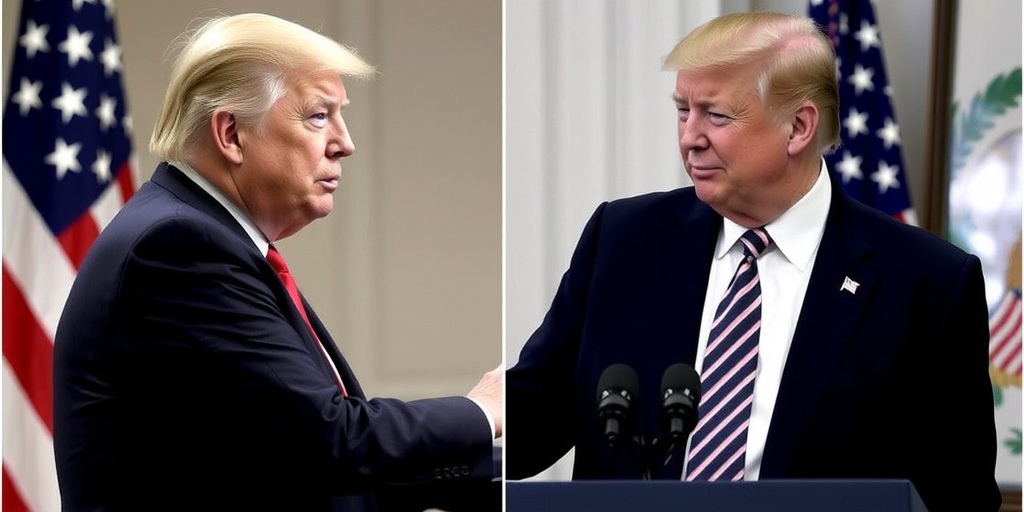
In recent years, U.S. foreign policy has been significantly shaped by the ongoing rivalry with China, a factor that has influenced both the Biden administration and the incoming Trump administration. President Joe Biden’s team entered office with extensive experience in trans-Atlantic relations but quickly recognized the need to pivot toward the Pacific, where China’s influence is rapidly growing. Biden’s administration has been focused on strengthening alliances and creating new security partnerships in the Asia-Pacific region as a countermeasure against China, marking a continuation of the competitive stance established during Donald Trump’s presidency.
As President Biden prepares to hand over the reins of power, he emphasizes that his administration’s efforts have provided President-elect Donald J. Trump with a fortified strategic approach toward China. The outgoing administration’s last diplomatic engagements included a pivotal call with the leaders of Japan and the Philippines to reinforce a new tripartite security arrangement, which Biden has been instrumental in developing. Meanwhile, Secretary of State Antony J. Blinken concluded his final official trip to South Korea and Japan, highlighting the administration’s commitment to maintaining strong ties in the region.
While the Biden administration viewed its policies as vital to countering China’s aggressive posture, the incoming Trump administration may take a different approach. Trump has expressed admiration for Chinese leader Xi Jinping, often framing relations with China through the lens of economic negotiations. Nevertheless, some of his top foreign policy advisors echo Biden’s emphasis on constraining Chinese influence, advocating for a comprehensive strategy that leverages various security and economic tools.
One of the critical early tests for Trump will be his administration’s position on TikTok, the Chinese social media application that Biden sought to ban under national security pretenses. Although Biden’s bipartisan legislation aimed to enforce a ban unless TikTok’s parent company, ByteDance, divested from Chinese ownership, Trump has hinted at a potential 90-day extension for the app.
Biden’s administration has sought to expand its strategy on China beyond tariffs—an approach initiated by Trump—into a broader global policy framework. This includes bolstering alliances in both the Asia-Pacific and Europe, with Biden’s team persuading European nations to reconsider certain commercial ties with China in light of national security concerns. Tensions rose during Biden’s tenure, particularly following House Speaker Nancy Pelosi’s visit to Taiwan, leading to a crisis point where high-level communications between both nations became crucial.
The Biden administration’s assertion is that their competitive approach has led to a more stable U.S.-China relationship, even amidst rising tensions. Security Advisor Jake Sullivan notes that while the U.S. and China are in competition, they have managed to avoid a complete breakdown in communications, claiming that this stabilization reflects an evolution in the relationship.
Biden’s team has advanced the belief that China aims to dethrone the U.S. as the leading global power, a perspective widely shared among Republican lawmakers. To combat this, the administration focused on restoring American manufacturing, enhancing technological innovation, and engaging in deepened alliances as fundamental pillars of its strategy. The establishment of new security agreements among U.S. allies in Asia was part of an effort to interlink their military capabilities and deter Chinese aggression.
Despite Biden’s proactive measures, challenges remain. While Europe has begun to align more closely with U.S. views on China, significant disparities persist. Many European leaders continue to prioritize trade relations with China, complicating efforts for a unified front against what the U.S. perceives as a growing threat. Trump’s previous antagonism toward European allies may also hinder Biden’s initiatives, raising concerns about the potential for U.S. allies to seek cooperation with China if they feel alienated.
In the realm of defense, Trump has expressed a viewpoint that U.S. allies must contribute more financially to their own protection. Contrarily, the Biden administration has sought to create a collaborative framework for its allies, enhancing military partnerships and expanding U.S. military presence in Asia, including agreements to provide Japan with advanced missile systems and support for Australia’s submarine capabilities.
Looking forward, China’s response to U.S. policies will be critical. The question remains whether Biden’s approach struck the right balance between deterrence and provocation, particularly in light of increased Chinese military activity. Observations from both sides of the Pacific indicate that while policymaking has been robust, underlying tensions continue to simmer, necessitating careful navigation of the U.S.-China relationship moving forward.
Among the critiques of Biden’s policies is that they have not sparked significant conflict and have managed to maintain open lines of diplomacy. Observers note that, despite the complexities, the U.S. may have emerged in a stronger competitive position against China than it was at the start of Biden’s administration. As the world watches how the Trump administration will approach its China policy, the ideological and strategic divides remain a focal point of contention in global politics.
Stay Informed With the Latest & Most Important News
Previous Post
Next Post
-
 01New technology breakthrough has everyone talking right now
01New technology breakthrough has everyone talking right now -
 02Unbelievable life hack everyone needs to try today
02Unbelievable life hack everyone needs to try today -
 03Fascinating discovery found buried deep beneath the ocean
03Fascinating discovery found buried deep beneath the ocean -
 04Man invents genius device that solves everyday problems
04Man invents genius device that solves everyday problems -
 05Shocking discovery that changes what we know forever
05Shocking discovery that changes what we know forever -
 06Internet goes wild over celebrity’s unexpected fashion choice
06Internet goes wild over celebrity’s unexpected fashion choice -
 07Rare animal sighting stuns scientists and wildlife lovers
07Rare animal sighting stuns scientists and wildlife lovers













